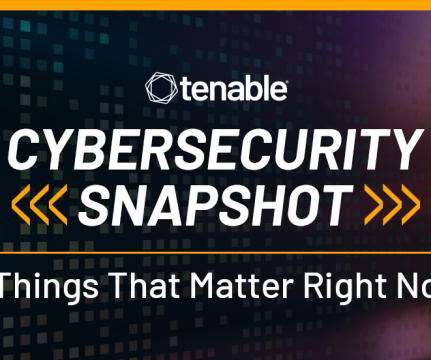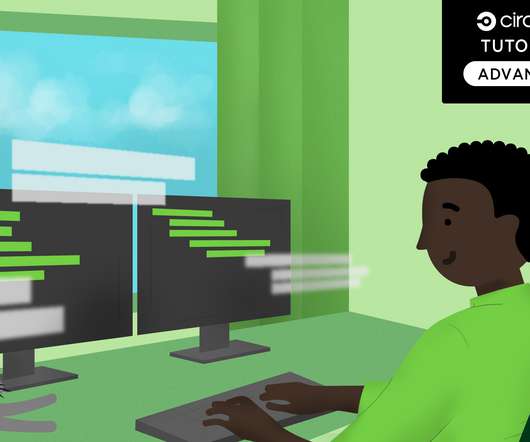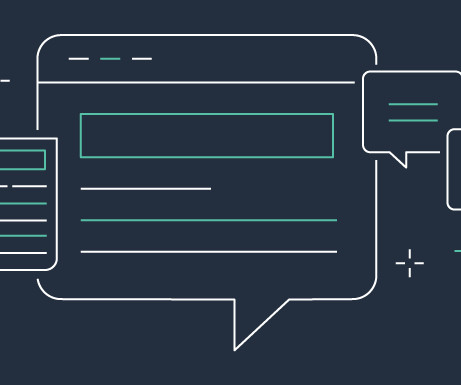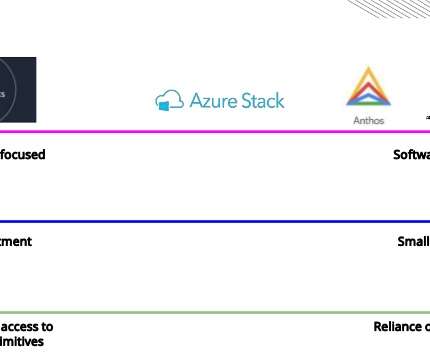Weekly Update 6-3-2019
Linux Academy
JUNE 3, 2019
This week, we’re talking all about serverless computing, what it is, why it’s relevant, and the release of a free course that can be enjoyed by everyone on the Linux Academy platform, including Community Edition account members. Serverless Computing: What is it? Configure auto-scaling with load balancers.





















Let's personalize your content